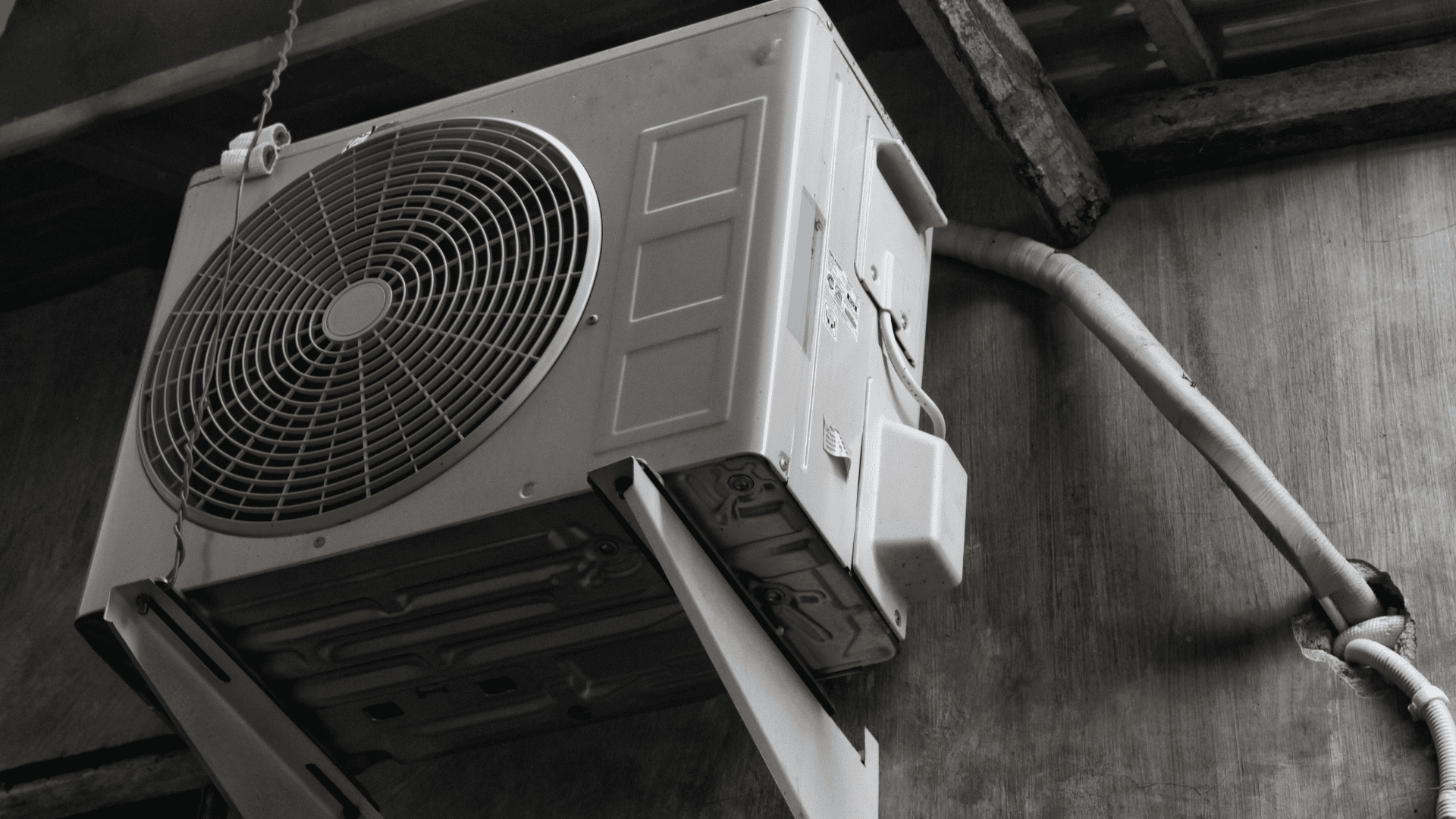
Are you having AC issues this summer?
When you live in central Florida, you rely on your AC unit to keep you cool all year round, but especially in the summer. With temperatures regularly going into the mid and high-90s, any AC failure needs to be diagnosed and dealt with as soon as possible.
One of the most common issues is AC pan leaking. Although it’s not a major problem, if you leave it for too long it can lead to major problems. In this post, we’re going to tell you what you need to do in order to stop the leaking.
The sooner you stop the leak, the sooner you can get back to cooling your home, so keep reading and learn how to troubleshoot this small but annoying problem.
Look At Your Evaporator Coils
The first thing you should do when you notice your AC pan leaking is to go take a look at your evaporator coils. A common culprit of leaking has to do with your air filter being clogged, which often manifests with frozen coils.
If the air filter is dirty and clogged, which happens over time, airflow is restricted. The coils freeze because the refrigerant that flows through the coils needs free air in order to absorb heat. Without heat, it becomes too cold, the coils freeze, and you end up with excess water dripping into your pan.
Change your AC filters every 90 days and make the effort to inspect them regularly to see how dirty they are. All you need to do to thaw your evaporator coils is turn the whole unit off and wait.
Is the Drip Pan Cracked?
Check your drip pan as well. This is located beneath the indoor air handler, where your evaporator coil lives. Its purpose is to catch excess moisture coming from your AC unit, but if it’s cracked or overflowing, you’ll get leaking instead.
Inspect it by turning off the unit and using a wet vac to suck up the water, then check for any cracks. If you find any, you can use water sealant to temporarily prevent it from leaking, but you’ll ultimately need to replace the drip pan.
Check the Condensate Line
A clogged condensate line is the other major cause of a leaking AC unit. Over time, the line can become clogged with algae, fungi, or debris because it’s removing the moisture away from your home.
You can remedy this by again using a wet vac to suck the debris out. If it’s really dirty, you can flush it out with distilled vinegar, which is a good practice to do every few months in a humid place like Florida.
AC Pan Leaking? Call the Pros
If you’re at a loss for what’s causing this AC pan leaking, it’s best to call in the pros to help you diagnose the problem. At Allied AC & Heating, we’ve been helping Tampa-area residents with all of their AC repair and maintenance needs since 1985. Whatever’s causing your AC pan to leak, we’ll find it and fix it.
To discuss your AC issues with one of our knowledgeable and dedicated professionals, contact us today.